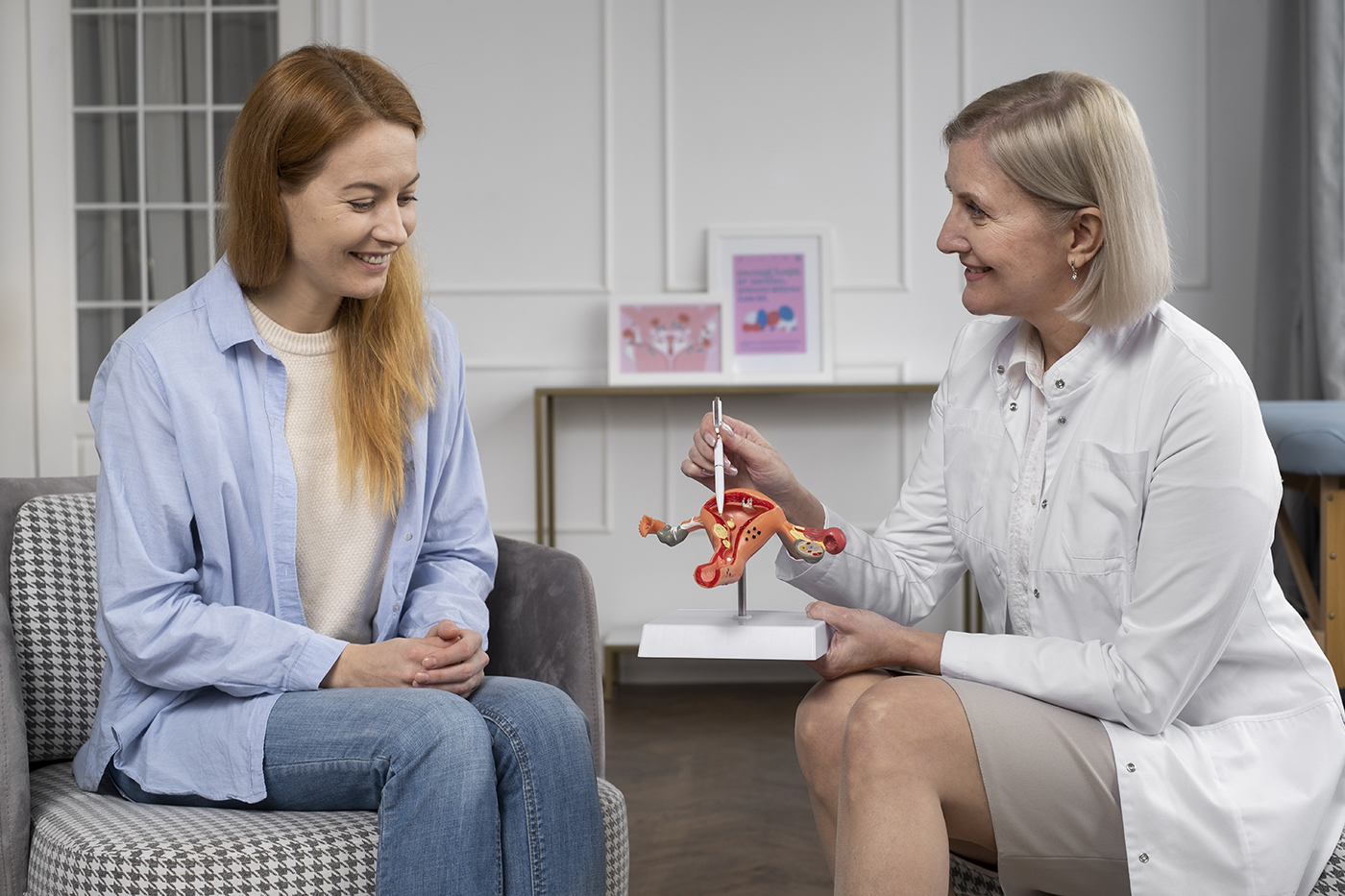Does PCOS Always Cause Irregular Periods?
Irregular periods are a classic symptom of PCOS, or polycystic ovary syndrome. Most people with PCOS have absent periods or oligoovulation. Oligoovulation is when ovulation occurs infrequently or irregularly. A person with oligoovulation may have irregular periods or a very long cycle of more than 50 days.
Most normal periods, on average, are between 28 and 32 days. Anything shorter than 21 days or longer than 35 days is considered to be irregular. Women with PCOS have too many male hormones, or androgens, and lower-than-average levels of female hormones. As a result, cysts often form on the ovaries. These fluid-filled sacs can interfere with egg release, or ovulation, causing irregular periods and fertility problems.
PCOS can also cause other issues, ranging from acne and facial hair to obesity and diabetes. In fact, more than half of women with PCOS will develop type 2 diabetes or pre-diabetes before the age of 40. They are also at higher risk of endometrial cancer, high blood pressure, high cholesterol, and heart attack.
The most important strategy to address all symptoms of PCOS is to improve your diet, increase physical activity, and lose weight. These steps can help lower blood sugar levels, improve the body’s use of insulin and normalize hormone levels. And for any woman, they are important steps toward a happier, healthier life.


